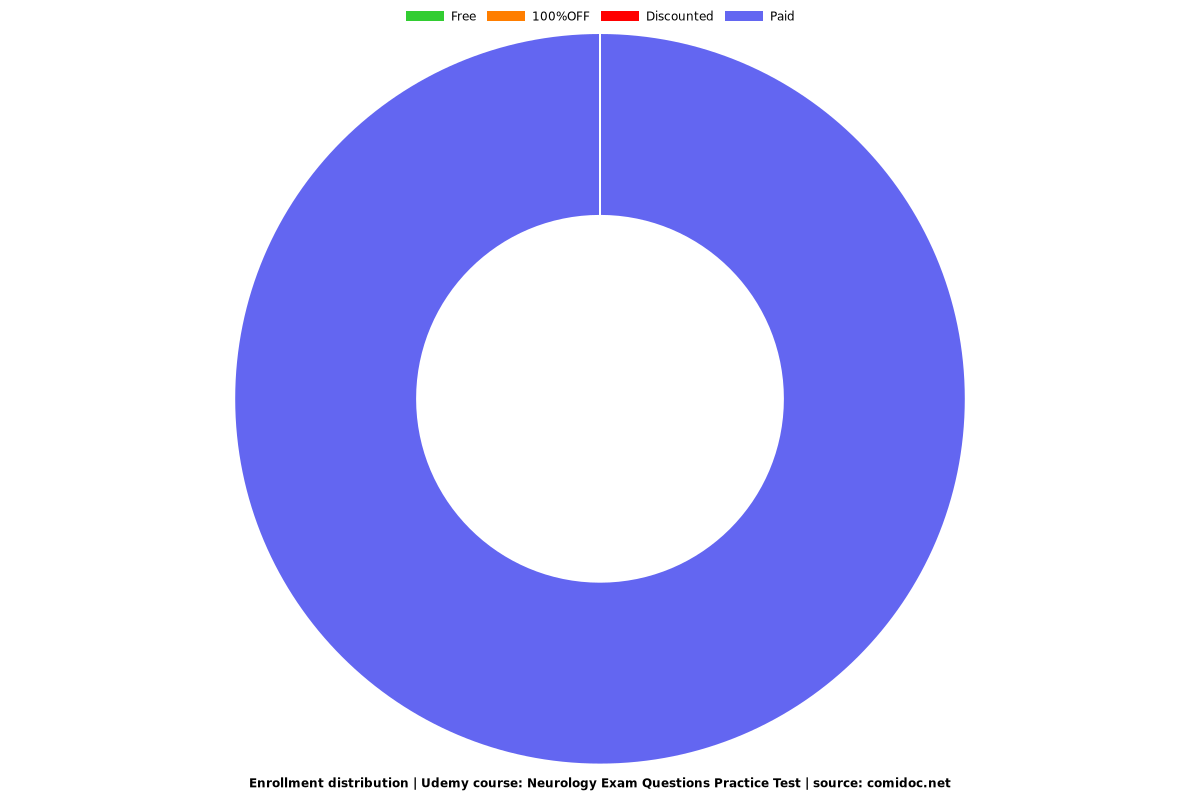Neurology Exam Questions Practice Test
A complete practice test to pass your Neurology Exam
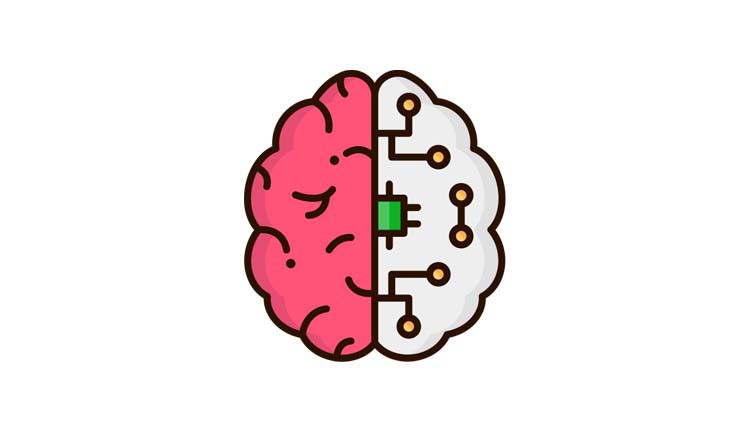
What you will learn
Risk for stroke and why blood pressure, cholesterol, diet, exercise, blood sugar, and genetics matter
Build confidence for Final Exam by practicing these questions
Understand the exam pattern and Number of questions
Practice how to manage your time during exam
Why take this course?
Neurology is a branch of medicine that deals with the diagnosis and treatment of diseases and disorders of the nervous system. The nervous system includes the brain, spinal cord, and nerves. Neurologists are medical doctors who specialize in diagnosing and treating conditions that affect the nervous system, such as: Stroke Epilepsy Multiple sclerosis Parkinson's disease Alzheimer's disease Migraines Peripheral neuropathy Amyotrophic lateral sclerosis (ALS) Neurologists use a variety of diagnostic tests, such as MRI and CT scans, to identify and diagnose neurological conditions. They also work with other healthcare professionals to develop and implement treatment plans, which may include medications, therapies, and surgical procedures. The goal of neurology is to improve the quality of life for patients with nervous system disorders by reducing symptoms and preventing further progression of their condition.
Neurology is the branch of medicine concerned with the study and treatment of disorders of the nervous system. The nervous system is a complex, sophisticated system that regulates and coordinates body activities. It has two major divisions:
Central nervous system: the brain and spinal cord
Peripheral nervous system: all other neural elements, such as eyes, ears, skin, and other "sensory receptors"
A doctor who specializes in neurology is called a neurologist. The neurologist treats disorders that affect the brain, spinal cord, and nerves, such as:
Cerebrovascular diseases, such as stroke
Demyelinating diseases of the central nervous system, such as multiple sclerosis
Headache disorders
Infections of the brain and peripheral nervous system
Movement disorders, such as Parkinson's disease
Neurodegenerative disorders, such as Alzheimer's disease, Parkinson's disease, and Amyotrophic Lateral Sclerosis (Lou Gehrig's disease)
Seizure disorders, such as epilepsy
Spinal cord disorders
Speech and language disorders
Neurologists do not perform surgery. If one of their patients requires surgery, they refer them to a neurosurgeon
Education to Become a Neurologist in the United States
Four years of pre-medical education in a college or university
Four years of medical school resulting in an M.D. or D.O. degree (doctor of medicine or doctor of osteopathy degree)
One year internship in either internal medicine or medicine/surgery
At least 3 years of specialty training in an accredited neurology residency program
Many neurologists also have additional training or interest in one area of neurology, such as stroke, epilepsy, neuromuscular, sleep medicine, pain management, or movement disorders.
Screenshots
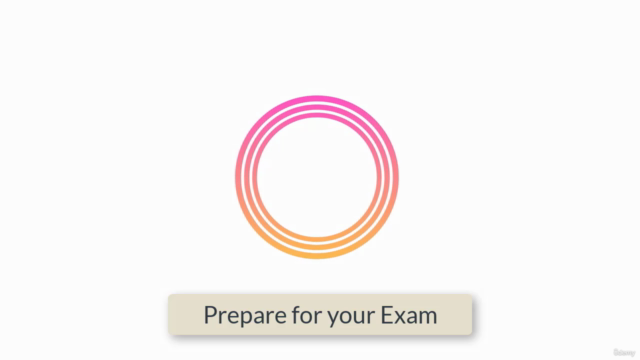
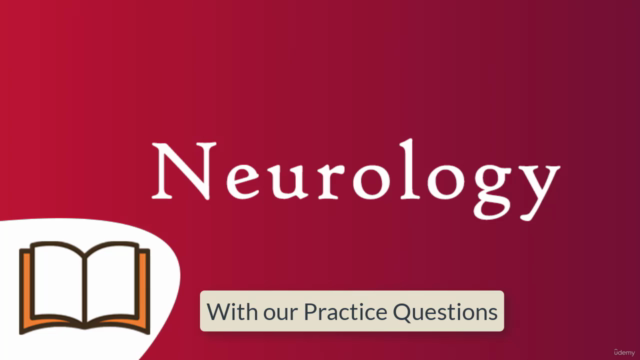
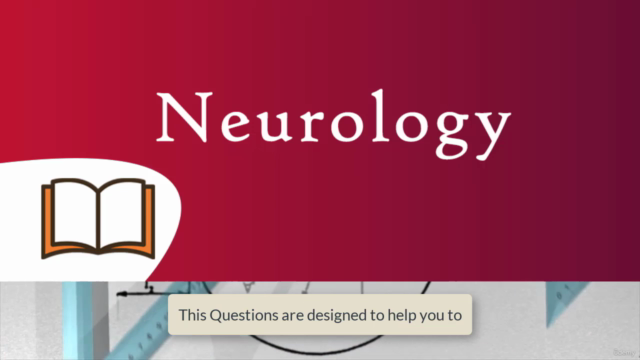
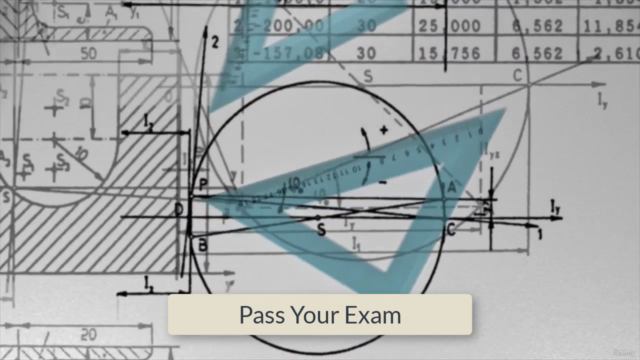
Charts
Price

Rating

Enrollment distribution
